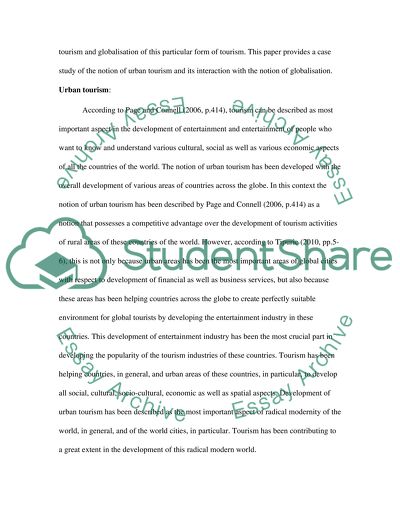Cite this document
(“Urban tourism and globalisation Literature review”, n.d.)
Retrieved de https://studentshare.org/tourism/1589113-urban-tourism-and-globalisation
Retrieved de https://studentshare.org/tourism/1589113-urban-tourism-and-globalisation
(Urban Tourism and Globalisation Literature Review)
https://studentshare.org/tourism/1589113-urban-tourism-and-globalisation.
https://studentshare.org/tourism/1589113-urban-tourism-and-globalisation.
“Urban Tourism and Globalisation Literature Review”, n.d. https://studentshare.org/tourism/1589113-urban-tourism-and-globalisation.


